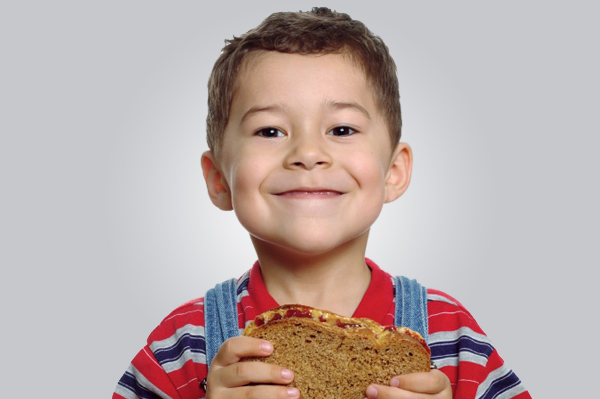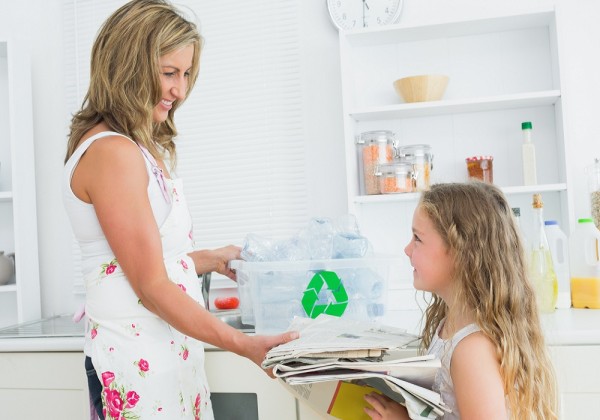 Raising a toddler can be tough and challenging at times. If you have a toddler, I am sure you have heard the phrase “That’s mine”, quite often. Your toddler is not out of the normal, this is just a part of growing up. Even the most reasonable and well behaved toddlers will not want to share certain things of theirs.
Raising a toddler can be tough and challenging at times. If you have a toddler, I am sure you have heard the phrase “That’s mine”, quite often. Your toddler is not out of the normal, this is just a part of growing up. Even the most reasonable and well behaved toddlers will not want to share certain things of theirs.
Don’t be embarrassed when your friends come over with their children and your child doesn’t want to share. I am sure they have dealt with the same situation with their children more than once. Don’t blame yourself either for your child’s behavior. Simply take comfort with the fact that this is a part of your toddler’s development and they are on their way to growing up and moving to the next stage of life.
While this might be stressful to you, there are a few tips to help you with the situation:
Use The Distraction Method – With this method, you will distract your child with another toy. Or you can ask your child to come do something with you. You could ask them to help you clean something, play outside, etc., without making a big deal about sharing their toy.
Use The Walk Away Method – If your child is playing with someone else’s toy and refuses to give it up, pick up your child and walk away. This might cause your child to act out, but explain to them that the toy is not theirs. Take your child to a quiet corner and let them calm down. Explain to them that the toy is important to the other child, just like they have things that they don’t like sharing.
Use The Nip It In The Bud Method – When you have toddlers playing together, be sure to keep an eye and an ear out. As soon as you see or hear a bad situation about to happen, get in between them and break it up. Show your child something else they can do or play with to distract them. This will save some tears for your child before it happens. This is also something you will want to do if your child is playing nicely and the other child is picking on your little one. The last thing you want is two upset children.
If your child is playing nicely and another child is trying to take her things then distract that child. Find something similar or a close replacement to what your child has and offer it to them. Tell them how great it is, of course, but don’t overdo it or you’ll have two toddlers fighting over this new toy.
As your toddler grows, it will also grow out of this stage. This is when your child most likely won’t mind sharing and will enjoy the company of another child. Always be up front with your child and let him / her know what is going on. Let your kid know what is right and wrong. Distraction can be a big help when raising a toddler.
Image Source: [google.co.in]





